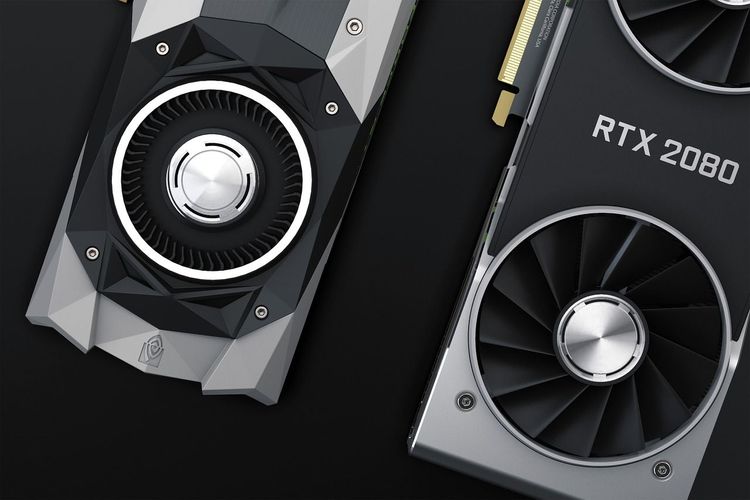Kneron, a company developing cutting-edge AI chips for self-driving cars and other autonomous machines, has successfully raised $49 million as part of an extension to its Series B funding round. Investors in this round include industry leaders like Foxconn, Alltek, Horizon Ventures, Liteon Technology Corp., Adata, and PalPilot.
With this latest funding, Kneron’s total capital raised so far amounts to $190 million. CEO Albert Liu announced that these funds will be utilized to enhance Kneron’s market presence in the automotive sector and to expand its workforce, particularly within the research and development (R&D) division.
“The automotive market has a high demand for advanced chips, and the surge in AI’s generative applications further intensifies this need,” Liu shared in an email interview. “Kneron is uniquely positioned to leverage its strengths in these areas.”
As the AI landscape continues to evolve, the demand for specialized chips capable of handling AI workloads is also surging. Gartner projects that this market will reach $53.4 billion, reflecting a 20.9% increase from 2022. It is no surprise that venture capitalists are eager to invest; VC funding for chip startups doubled between 2017 and 2022, according to PitchBook data.
Kneron benefits significantly from this investment surge. Founded in 2015 by Liu and Frank Chang, the company has seen steady growth. Before launching Kneron, Liu held R&D and management roles at Qualcomm and Samsung, while Chang served as an assistant director at Rockwell and was later elected to the National Academy of Engineering.
Kneron focuses on creating hardware for AI applications, specifically developing ASICs (Application-Specific Integrated Circuits) tailored for specific uses. Their lineup includes low-powered, reconfigurable AI chips that easily integrate with existing systems, such as sensors in autonomous vehicles. These chips support a wide range of algorithms, from facial and body detection to text generation models.
Kneron faces competition from several emerging companies, such as NeuReality, which is also working on AI inferencing accelerator technology, as well as other startups like Hailo, Mythic, and Flex Logix. Among established players, Google is competing with its tensor processing units while Amazon invests in Inferentia, not to mention Nvidia’s prominent GPU architecture.
Despite the competitive landscape, Kneron is thriving, with revenues in the "double-digit millions," according to Liu. Their customer base includes around 30 brands, such as Garmin, Naver, and Quanta. Following its acquisition of imaging tech provider Otus, Kneron has also started partnerships with automotive companies like JVC Kenwood.
In the near future, Liu intends for Kneron to focus on “strategic directions” in AI, particularly in autonomous vehicles, while steering clear of direct competition with larger incumbents. Eventually, Kneron plans to challenge established players more aggressively, possibly through collaborations with third-party vendors.
“Kneron is poised to become a significant player in this industry,” Liu emphasized. “Our lightweight reconfigurable solutions address three major challenges in AI applications—latency, security, and cost—thereby enabling AI integration across various sectors.”







